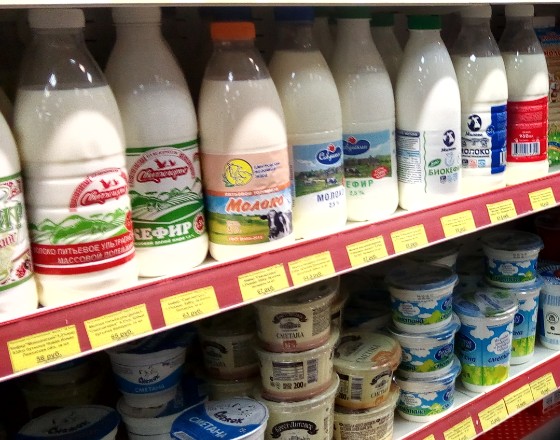
On the one hand, the Russian embargo was supposed to be a “punishment” for Western exporters for the sanctions imposed on Russia. On the other hand, it was supposed to serve as a tool to support domestic production. However,...
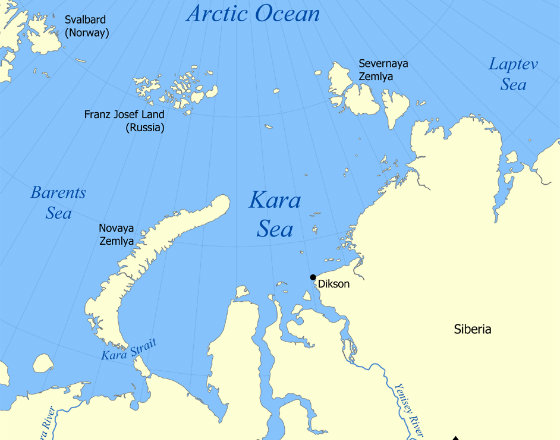
In early January, the Russian government unveiled its plan to adapt the country’s economy and society to climate change. Although the rising global temperature is recognized as a threat, Moscow doesn’t shy away from pointing...
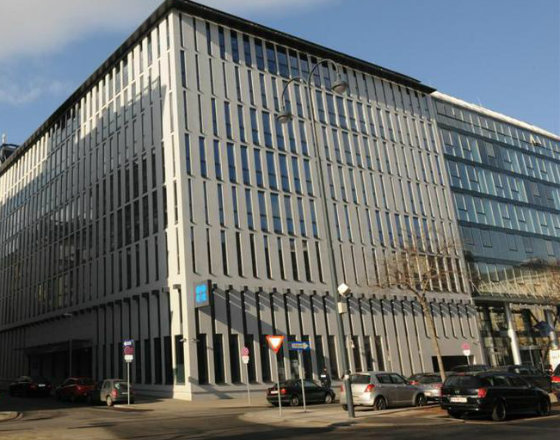
After the spread of coronavirus caused a sudden drop in demand for oil, major oil countries, led by Saudi Arabia, came up with a plan to prevent further fall in prices. However, those plans were hindered by Russia whose economy...
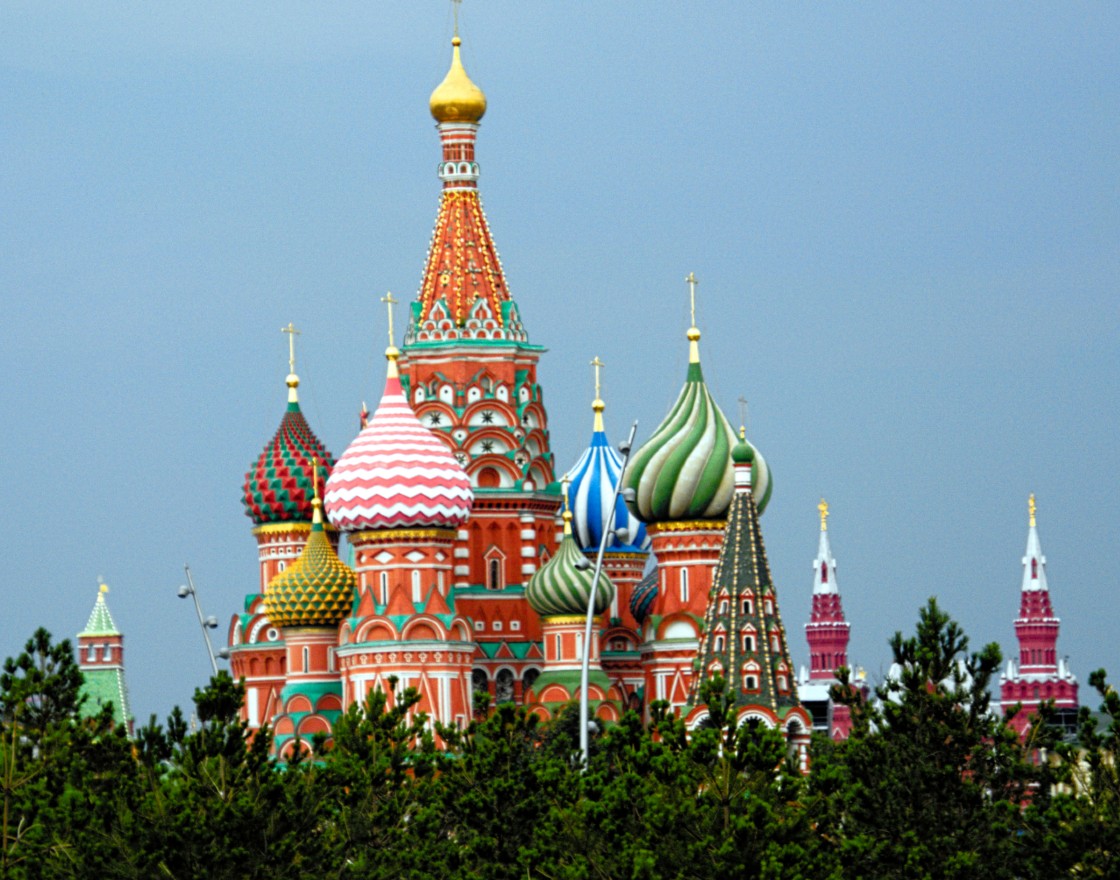
Many analysts believe that the Russian economy has reached a dead end. The crisis is deepening and experts agree that with the existing internal and external conditions the current growth potential of the Russian economy does not...
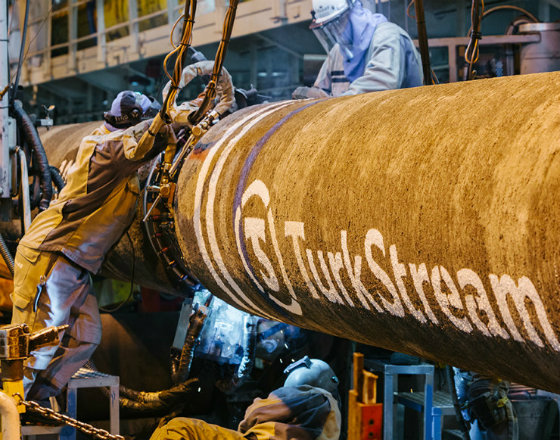
Deliveries of Russian gas to Hungary through the TurkStream could start late 2021 or early 2022, state secretary for energy at the Ministry of Innovation and Technology, Péter Kaderják, said. The project creates a "third gas...
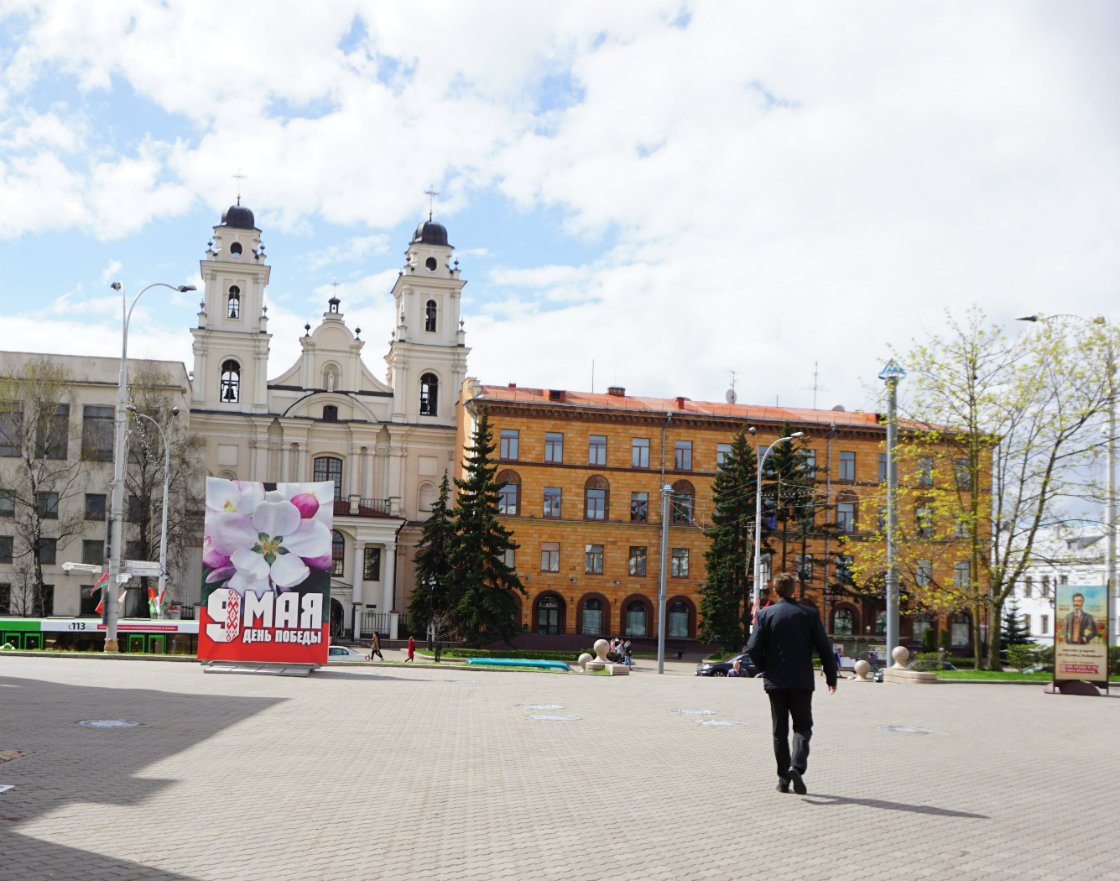
Russia’s refusal to extend its USD multi-billion energy subsidies to Belarus since the start of this year, as well as its reluctance to retain the previous level of credit support to its neighbor, will likely put Minsk’s...
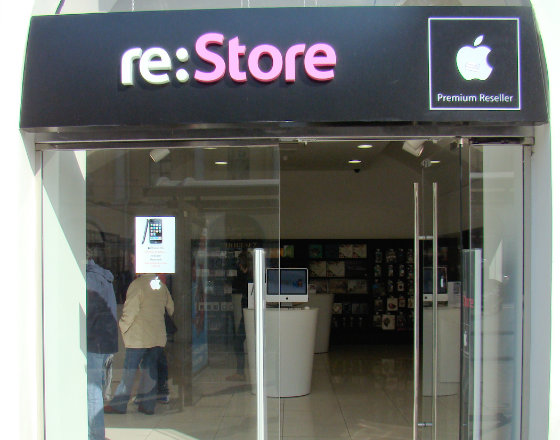
In December 2019 Russian President Vladimir Putin approved a law that prohibits sale of electronic devices that are not pre-configured with Russian software. Russia’s Federal Anti-Monopoly Service has now drawn up a document...
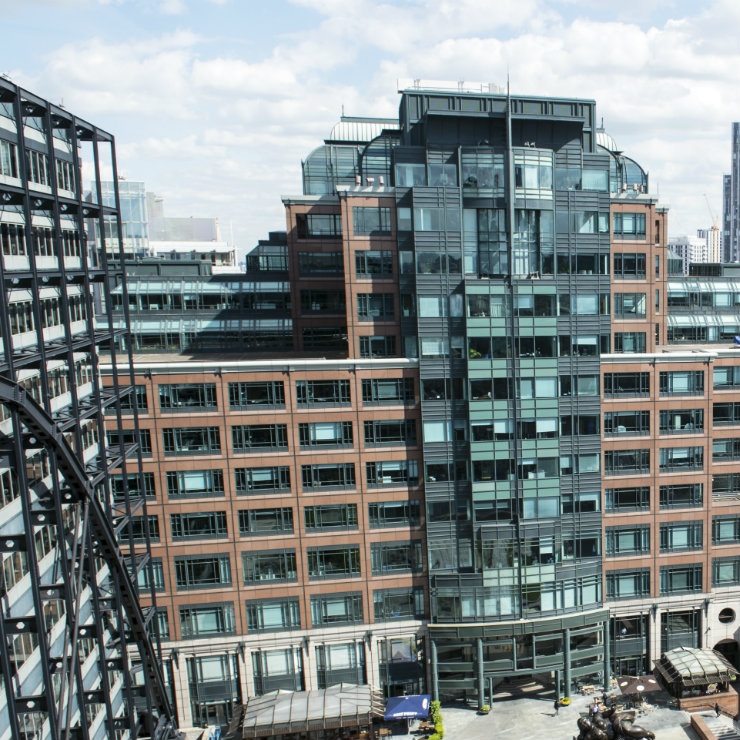
A resumption of lending in Russia by the European Bank for Reconstruction and Development (EBRD) remains a distant perspective, even after the restart of the Ukraine peace settlement. Nevertheless, the EBRD is facing a...
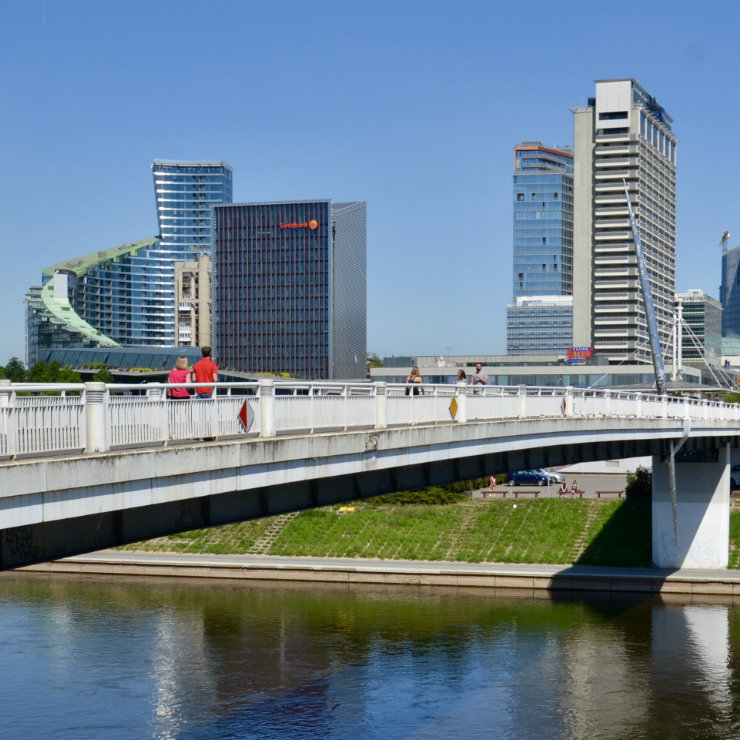
Last year, 14 per cent of Lithuania's exports went to Russia, the largest share among the country's other importers. Latvia is Lithuania's second biggest trade partner, followed by Poland and Germany.
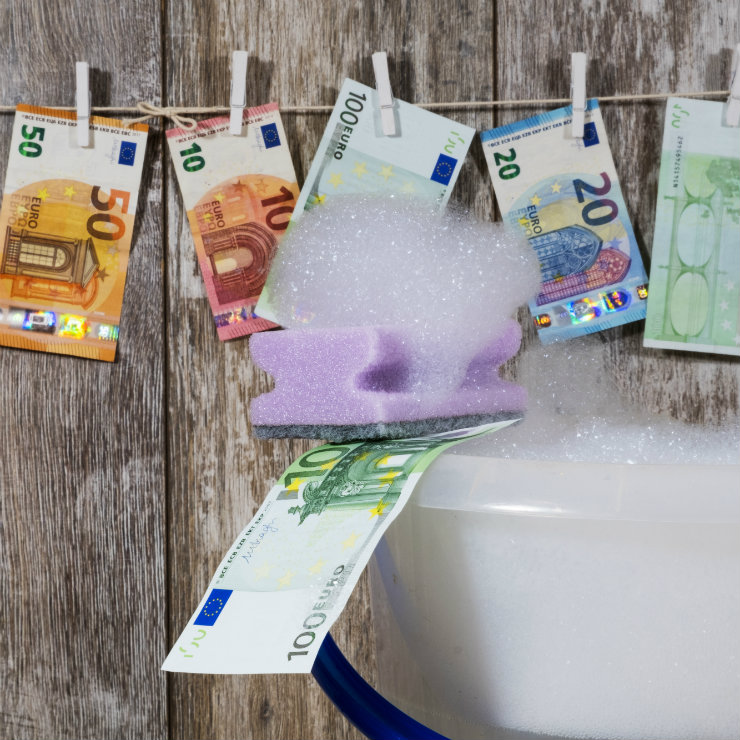
Banks in Estonia have not yet plugged all the gaps in their money laundering controls, the Baltic state’s regulator said, pledging to maintain a clampdown.